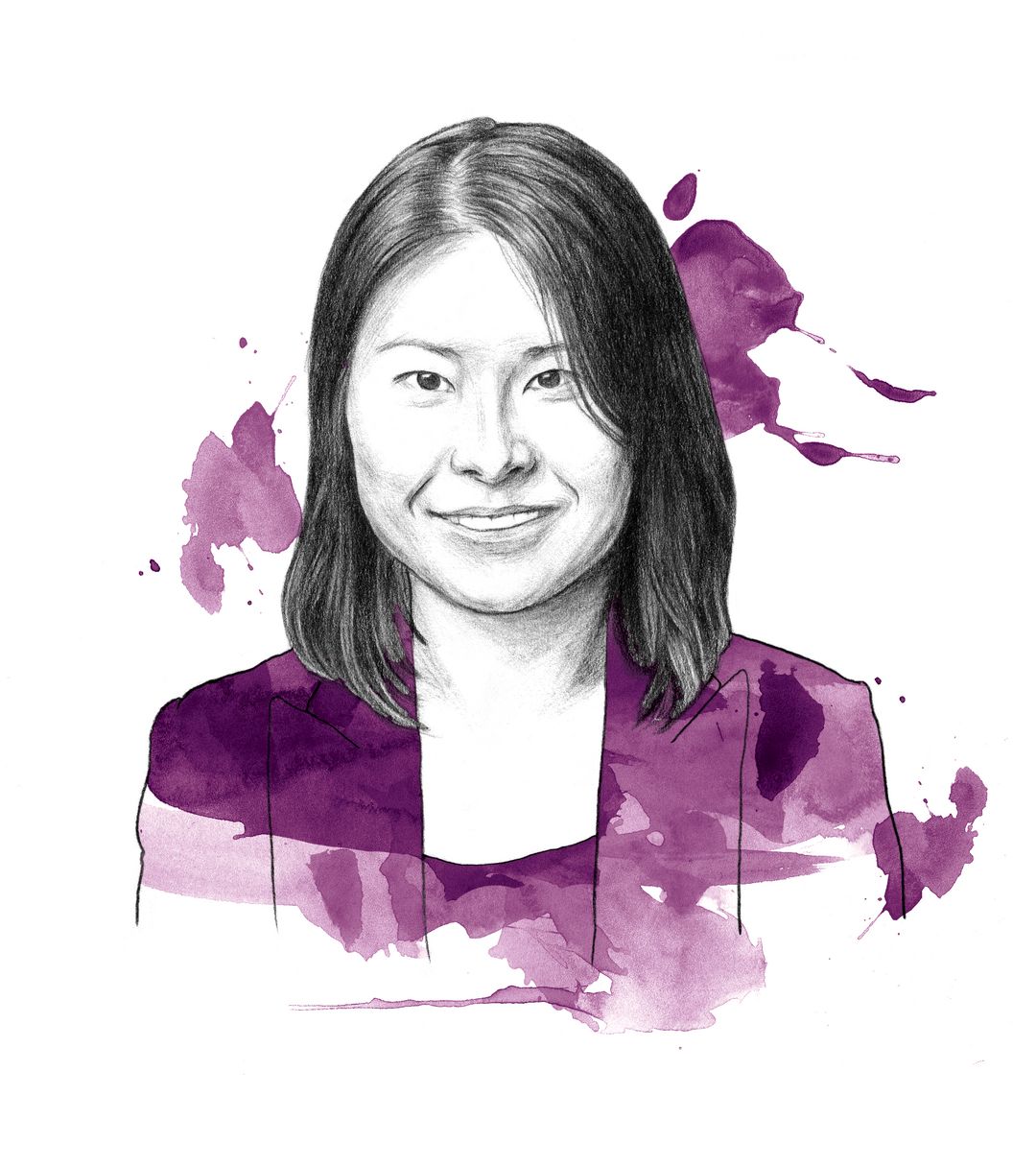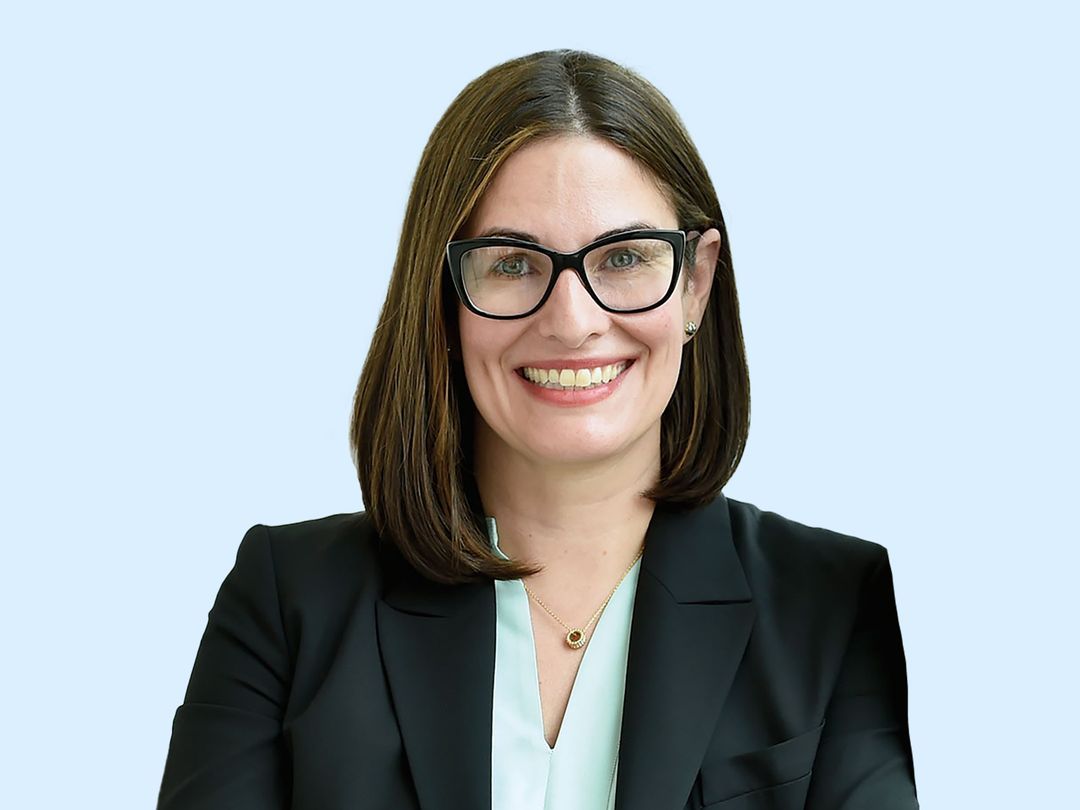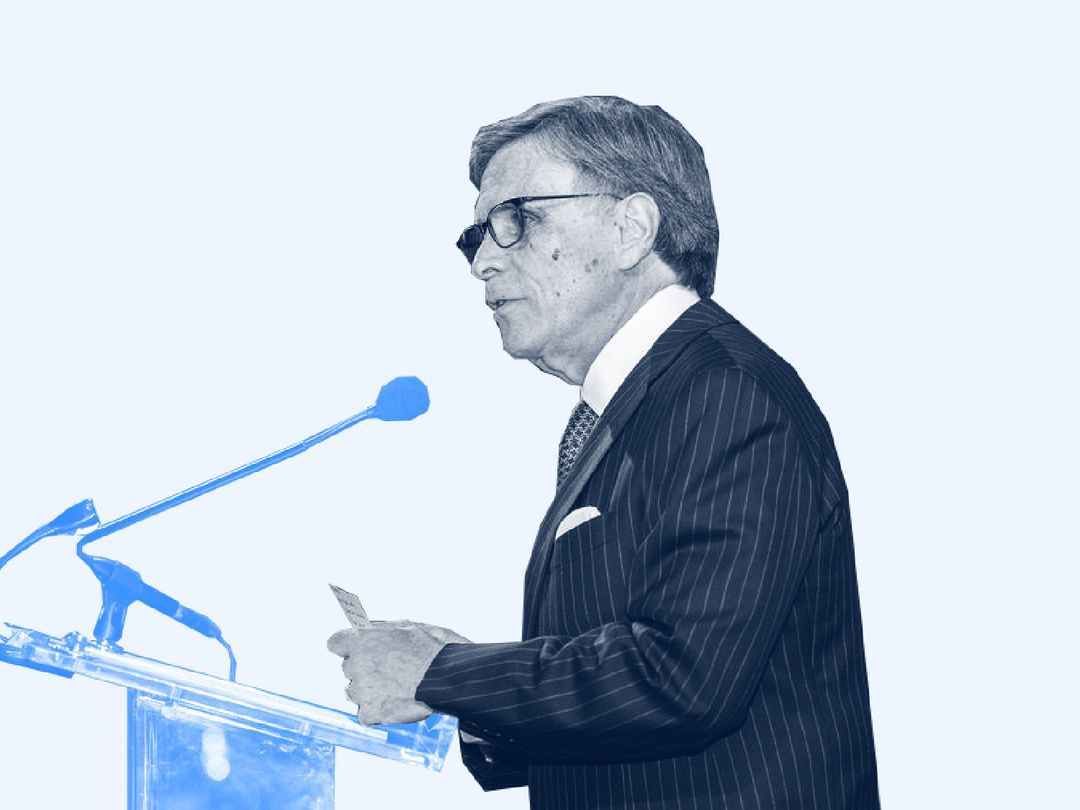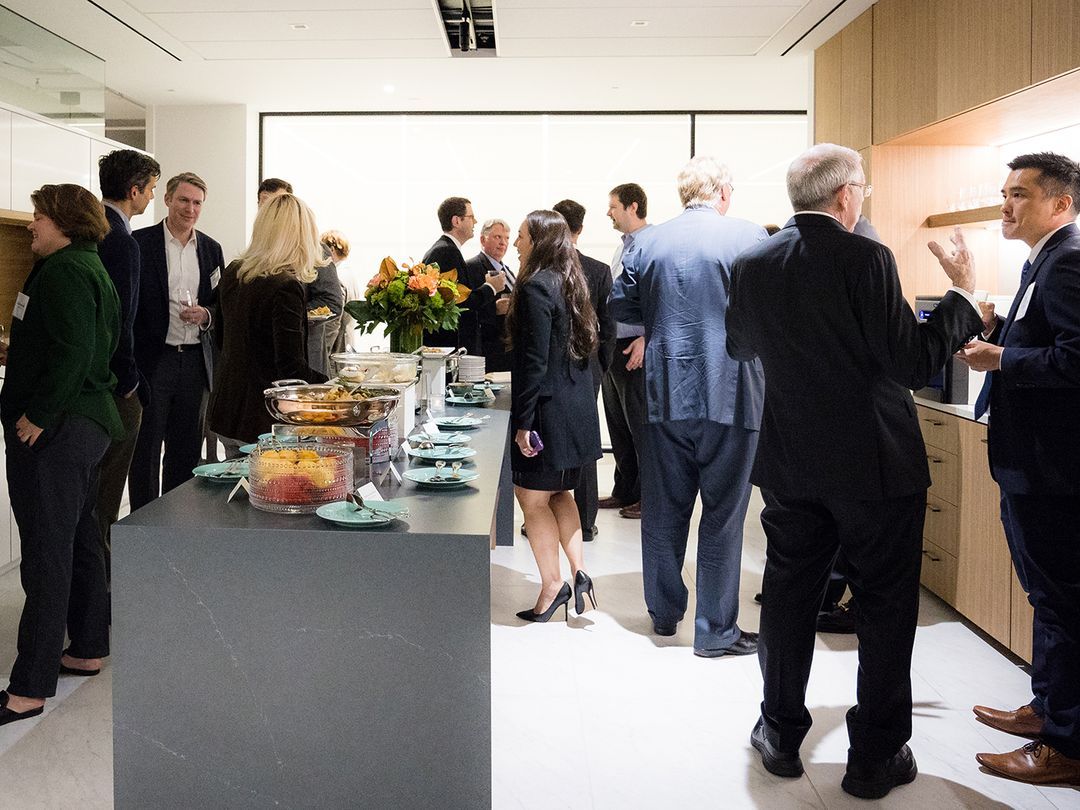Q&A
A Conversation with Athena Cheng

Athena Cheng is a Managing Director and the Head of Litigation and Investigations at Blackstone Inc. She started at Blackstone in October 2015 and was previously a Senior Vice President and Vice President in the Chief Legal Office at the firm.
Let’s talk a bit about your role and responsibilities…
What do you enjoy most about your job?
First, the diversity of work—our team covers all litigation and investigations matters (including civil suits, pre-suit disputes, internal investigations and regulatory matters) across the firm. There’s never a dull moment and there are constantly issues of first impression given the complexity and variety of our investment services and the assets our funds own. Second, the people—BX is full of smart, creative, hardworking and interesting people, from whom I am always learning. Our team has the privilege of working with folks across all businesses, countries and functions. It wasn’t until the Covid lockdown that I realized just how much I had enjoyed running into my colleagues in the hall and chatting about the most random of topics, whether it was their thoughts on the latest true crime TV show or someone’s encyclopedic knowledge of window dressings (that’s real).
What are some of the typical matters that come across your desk?
Hard to say what is “typical”—on any given day, there could be 20 to 30 different issues I am dealing with and the subjects could vary widely. There is a lot of quick switching!
How has the scope of your work changed from the time that you started until now?
Over the eight years I’ve been here, the volume of matters and issues we’re involved in has rapidly increased as the business continues to grow. In 2015, I was BX’s first litigator hire, and for a couple of years it was a paralegal and me in our department. My days were full with just keeping on top of our docket: managing outside counsel, communicating with our stakeholders, thinking through case strategy, reviewing briefs, etc. Now, I have a fantastic team of three litigators and an associate who are able to handle a lot of the day to day. With that, I’ve been able to shift more focus to leading the department and managing the function—for example, setting our annual strategic objectives, structuring and developing my team, looking for places where our team can add unique value to the firm and the business, and determining operational initiatives (e.g., how to get technology to be more efficient).
What are some of the new (or unexpected) challenges you’ve had to prepare for and solve?
One of the challenges is managing a multitude of stakeholders and figuring out who needs to know what and who needs to actually weigh in on a decision. When you’re outside counsel, you are likely dealing with a couple of people at the client (i.e., an in-house lawyer or some other representative), but as in-house counsel you’re often talking to a multitude of folks on any given matter, whether it’s to inform them on status, get their views on different issues, or coordinate strategy. BX has a very consensus-driven culture, and we value getting to a decision via debate and discourse. Ultimately, this is positive and gets us to the right place; it just takes time and practice to learn how to drive multiple views toward one landing spot.
Going back to law school, walk us through your path in the legal industry so far…
Did you always want to be a lawyer working in the litigation space?
No, I went to law school because I wasn’t sure what I wanted to do and figured it’d be useful. After law school (which, thankfully, I enjoyed), I decided to clerk and work at Cravath because of the generalist philosophy and its reputation for training. My plan was to stay for two to three years, but ended up staying five before deciding I wanted to transition in-house. I remember being in the middle of an intense investigation for a client when a recruiter called me about the BX position—she said she’d handle everything if I sent her my resume, and the rest is history.
Who are some of the mentors that left the biggest impression on you?
I have been lucky to work with some amazing lawyers throughout my career. One example is Christine Varney. Aside from being a master strategist, her intuition is spot on and she has a magic touch with clients and regulators. As a manager and mentor, Christine was supportive and encouraging—she always gave me the space to do things on my own but was there when I needed her guidance; she would also verbalize her confidence in my abilities, and it’s something I’ve tried to replicate with those who work with me. Finally, Christine is just fun and has great perspective on both work and life—we had a lot of good laughs along the way.
Thinking more in-depth about your time at Cravath…
What do you remember most about being at the Firm—are there any particular moments that stand out to you?
Many! One example was going to trial for the Department of Justice’s American Express case. It was obviously an intense and demanding experience, but there was also something special about being part of a large team of all levels of seniority locked in a room for weeks on end, working toward a single goal. (It was cooler and more enriching than I made that sound…)
What do you tell people when they ask what it was like to work at Cravath?
It was intense and challenging; I learned an incredible amount; and I made some great friends.
How does the experience you gained as an associate still influence or impact you today?
My favorite part about being at Cravath was watching stellar lawyers lawyer—whether it was Evan Chesler doing oral argument, Christine handling a difficult client, or Kevin Orsini writing a summary judgment brief in three minutes.
What is the most valuable training you received, or skill you developed?
How to feel comfortable with not knowing. I think Cravath training teaches you that with diligence and rigor, you can learn anything (well, almost—I still can’t figure out Excel formulas). As an associate, I was always doing things I had no idea how to do and dealing with complicated subject matter I’d never seen; it’s the same in-house, times 20, and I’m constantly asked to give advice on limited information. The skill of figuring out quickly what questions to ask and when enough information is sufficient under the circumstances is essential, and my Cravath experience is the foundation for those skills.
What were some of the motivating factors in your decision to go in-house?
I liked the idea of working on an even wider variety of matters at once and being able to direct strategy rather than, for example, having to be the one to do the research or write the briefs. I also thought that I could gain a bit more control and autonomy over my hours and when I worked if I had outside counsel on my matters.
What has been the biggest difference between law firm life and your current role?
I think just the pure volume of matters and the diversity of issues that come across my desk on a daily basis—at the end of the day, I sometimes feel like I cannot absorb any more information. Another is that managing a team—including being responsible for their development, career trajectory and their overall well-being at the firm—is a challenging and rewarding experience. Although there are similarities, it feels a bit different than, say, managing junior associates at Cravath on a particular case, where you know they are working with other people on different matters and the firm provides a formal structure for their growth and development.
What can you say about having worked with Cravath from the client or opposing counsel side?
I am lucky to work with some fantastic outside counsel in my current role, but I think that as a firm, Cravath uniformly has some of the most rigorous, commercial and client-friendly lawyers I have worked with. There is a culture of excellence, professionalism, thoroughness and dedication to getting to the best result that is quite extraordinary...
What advice would you give to young lawyers who are starting to think about or are looking to take the next step in their careers?
Keep an open mind for opportunities that arise and focus on finding a place where the culture and the people appeal to you. I think the single most important factor in your daily work experience is the people you work with—e.g., whether they have similar values, whether they are collaborative, whether you can learn from them and whether they generally want to do the right thing, however you may define that.
Fast Facts
- Education: Boston University School of Law (J.D., 2009)
- Years at Cravath: 2010-2015 (Litigation Associate)
- Favorite Book, Show or Movie: I love dark comedies, and a couple of recent standouts are: “Barbarian” (a fun ride and very well done; great mix of horror, comedy and social commentary) and “Barbie” (so clever and funny; amazing attention to detail in the production and aesthetic). I also love reading Gabriel García Márquez, and “Succession” is hands down the best recent show.
- In My Spare Time: Eating, kickboxing and hanging out with my Covid dog. Seeing performing arts of all kinds, but I especially enjoy live magic.
Attorney Advertising. ©2026 Cravath, Swaine & Moore LLP.









